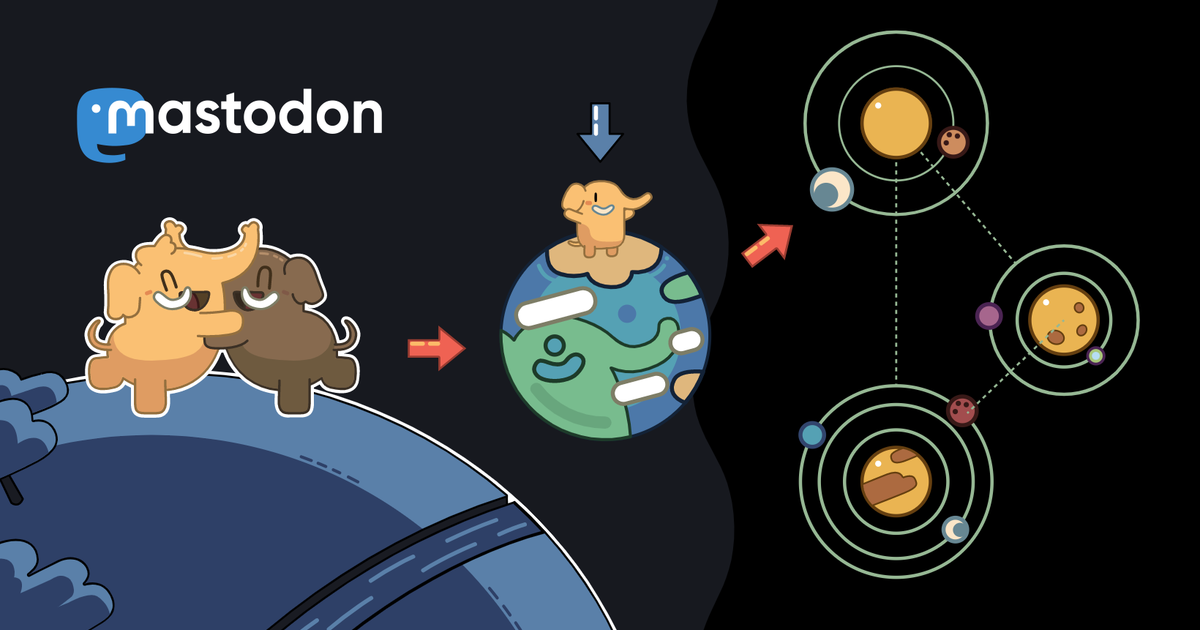Recent searches
Search options
#Ubuntu going for #Rust coreutils is a nice little gift for the #rustlang community to cheer about and promote! https://www.theregister.com/2025/03/19/ubuntu_2510_rust/ #Programming

@tekkie Maybe, if the Rust version would have a sane license. Right now Rust looks more and more like part of the highly aggressive and destructive tech-bro movement.
@taschenorakel @tekkie what's wrong with MIT?
@llogiq Even worse in these terrible times: It allows to ship binaries that cannot be reconstructed from sources. The perfect tool for back doors, surveillance, blackmail. MIT really is not an appropiate license in these stormy times. It was created for a world, where everyone means while, which clearly isn't the case as we are learning the hard way right now.
@taschenorakel @tekkie that's overstating the case: First, there are real costs to forking, and the uutils project is still run by volunteers. Second, even if it was GPLd, tech bosses would simply not distribute it, putting it behind a service you're not allowed to look into instead.
What I mean is in practice licenses mean far less now than you think. Capitalists already routinely flout copyright, then turn around and request protection for theirs.
So please state clearly how you think bosses will take over the uutils project they couldn't already with GNU coreutils.
@llogiq I disagree that "in practice licences mean far less than you think". If anything, it means a lot more than most people think. I have heard frequently, for many years, from many people who have worked at FAANG that AGPL, for example, is anathema to them and they won't touch code that has it. Other high profile cases in recent years, with open source projects switching to BSL and similar licences, show that licence really does matter.
I take your point that unscrupulous people will do whatever they will do flout copyright, and I agree, and we can do little about these people; on the other hand, most large companies are extremely careful to follow licence terms because of the threat of litigation, any litigation. We don't abandon laws because some people do crimes.
All that said, on the MIT/GPL question, it is hard to predict exactly what consequences follow, good or bad. The licence will have some effect, but it is hard to predict whether it will be good or bad.
This topic, MIT vs GPL was a huge deal in the Python scientific ecosystem many years ago and the arguments were very similar along the lines of the threat of Big Science exploiting code on the one hand, but "scientific code should be free on the other". In the end the libs all got liberal licences (scipy is BSD from memory) and they became the common foundation for scientific work in the Python ecosystem, both in commercial code and in open source code.
@caleb AFAIK, a lot of #RustLang code is dual licensed under MIT/Apache2 simply because those are the most compatible licenses, which means there is the least legal trouble when using the code.
I don't doubt that some big companies still try to avoid GPLd code, and that's fine with me. The question for me as an author is: When choosing a license for my code, do I want them out? If so, why?
Don't get me wrong, I used GPL for my code a while ago. I no longer see the point. If those evil empire companies think they can do a better job than me in maintaining my code, they're welcome to try.
@llogiq @caleb most corporations conduct due diliegence on the licencing matters and they also take action in that regard, at least from my personal experience.
I feel @taschenorakel brought out a very valid concern. It's no secret that corporations do rip off #OpenSource systematically, moving forks into siloes while giving back little to nothing. I doubt there are many GPL-based maintainers who have not had relicencing requests. I've had quite a few myself
@tekkie @caleb @taschenorakel again, that's totally fair, and I respect every author's choice to use the GPL, or AGPL or other copyleft license.
So why wouldn't I respect an author's wish to use a more permissive license (such as MIT) if they so desire? Doing so doesn't take away one iota of work on GPLd code.
@llogiq @caleb @taschenorakel sure, definitely agreed. It feels as if the sentiment of this discussion derived from the fact that esp. FSF, but also #Debian for example have always endorsed and/or preferred copyleft licenced #software when it comes to distribution. One could argue #Ubuntu owes some of its success to it.
@tekkie @caleb @taschenorakel that's fine and won't go away any time soon. When given the choice between C code and Rust code, I will still choose the latter by default because I feel more comfortable working in Rust. If you feel more comfortable in C, you're free to choose GNU coreutils. We both win.
I respectfully disagree. The people who built uutils already contributed to coreutils where they could. They wouldn't have created a different project, so there's nothing lost on the side of the coreutils project.
Don't fall for the lie that developers are replaceable cogs. People have different skills and leanings and we should respect that, whether in the corporate space or in open source or free software.

